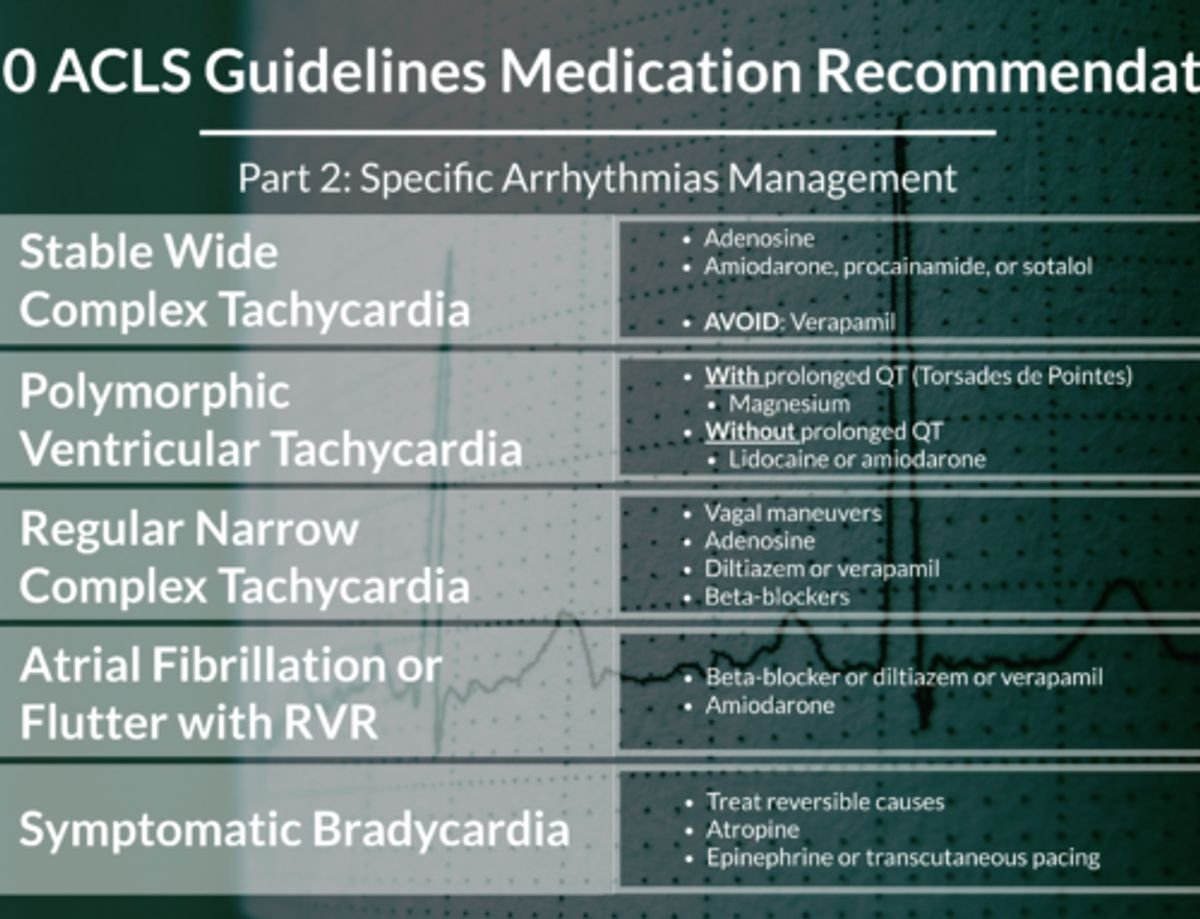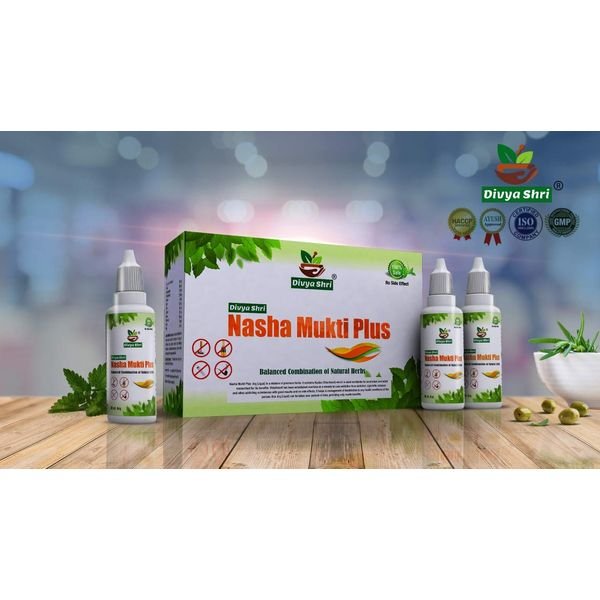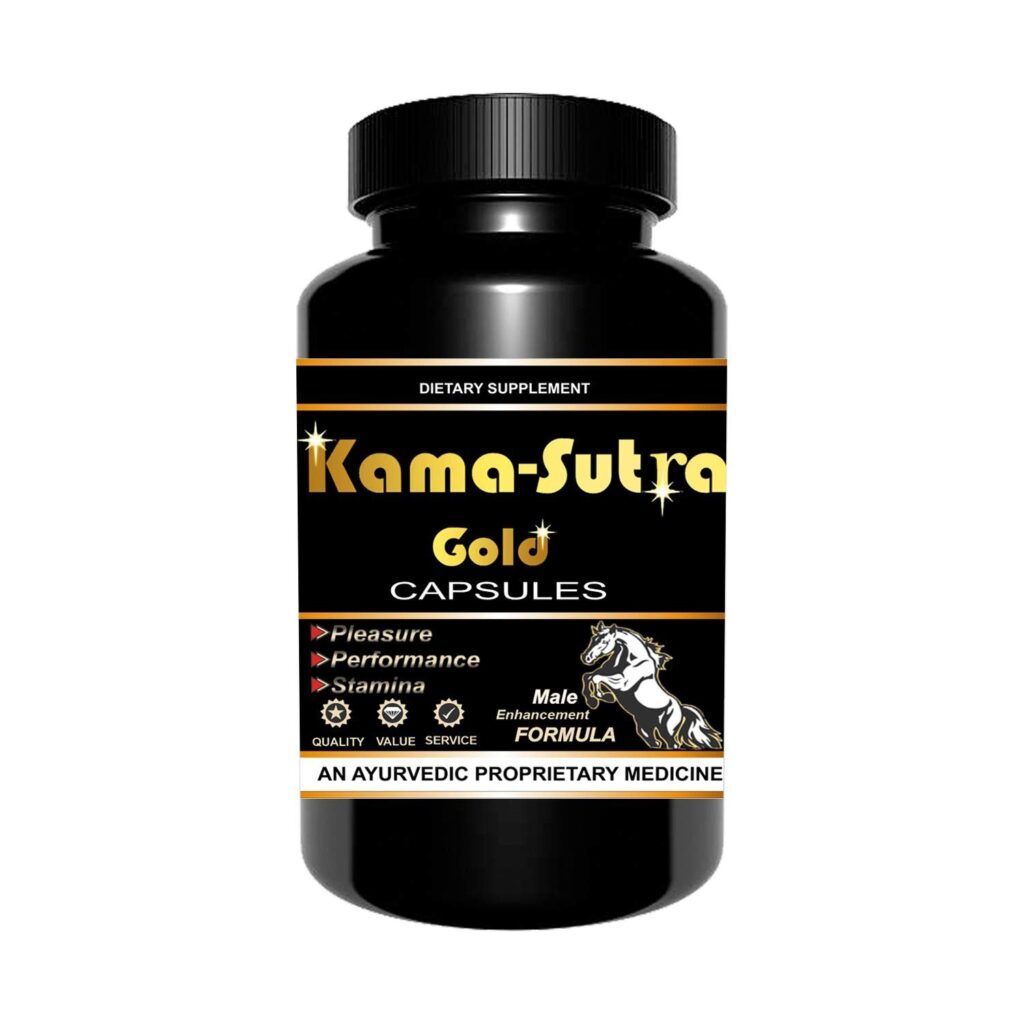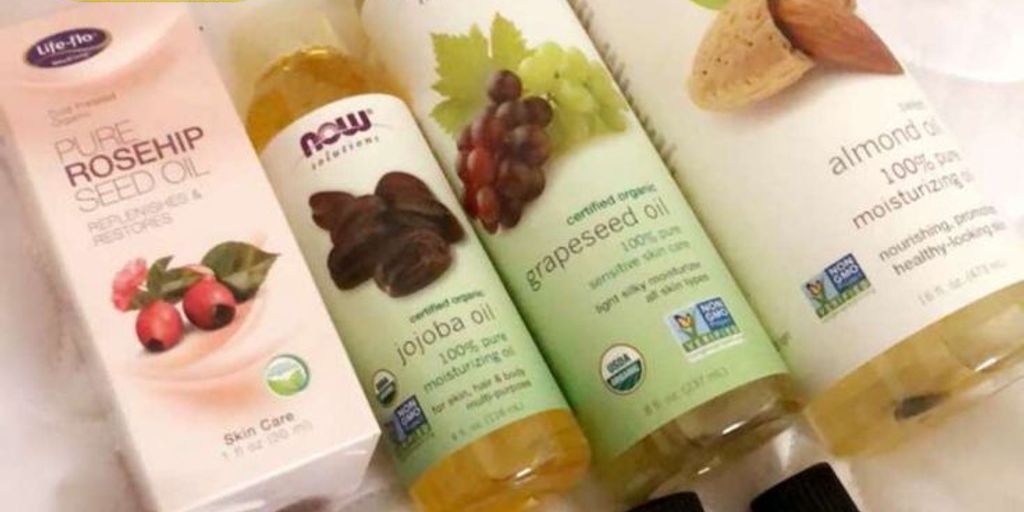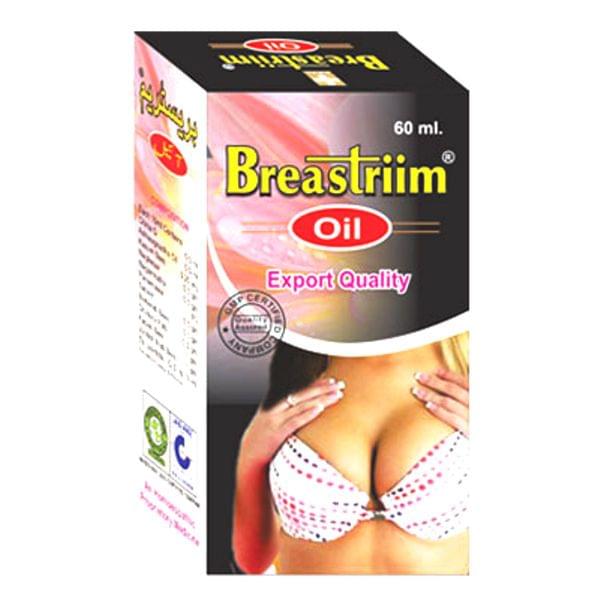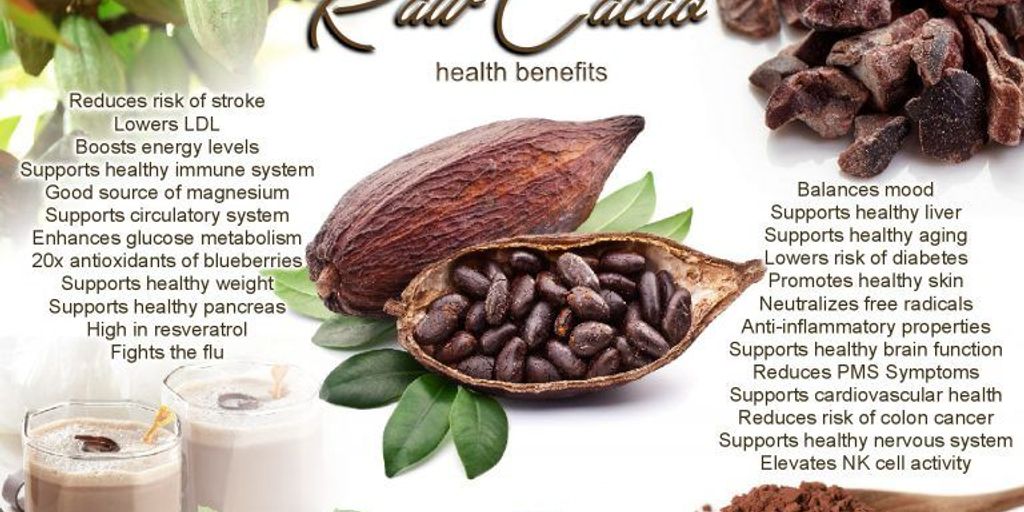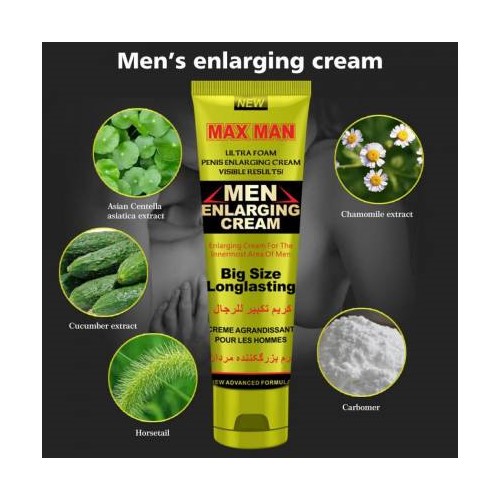Breast enlargement is a topic that garners significant attention from those seeking to enhance their physical appearance or address certain medical conditions. With the advancement of medical science, there are now various options available ranging from hormonal therapies to surgical interventions. However, the decision to undergo any form of breast enlargement is complex and requires a thorough understanding of the treatments, their safety, efficacy, and the role of lifestyle factors in achieving the desired outcomes. This article aims to provide a comprehensive guide to navigating the choices in breast enlargement medicine, highlighting the importance of making an informed decision based on personal goals, financial considerations, and professional medical advice.
Key Takeaways
- Understanding the different breast enlargement options is crucial, including hormonal therapies, herbal supplements, and topical applications.
- Evaluating the safety and efficacy of treatments involves looking at clinical trials, FDA approval, and understanding potential risks and side effects.
- Lifestyle factors such as diet, exercise, and stress management play a significant role in enhancing the outcomes of breast enlargement treatments.
- It’s important to compare surgical and non-surgical methods, including breast implants, fat transfer procedures, and non-invasive alternatives.
- Making an informed decision requires consulting with healthcare professionals, evaluating personal goals, and understanding financial implications.
Understanding Breast Enlargement Options
Hormonal Therapies
Hormonal therapies for breast enlargement involve the use of medications that aim to mimic the effects of estrogen and other hormones on breast tissue. These treatments can potentially lead to an increase in bust size, but it’s crucial to understand the balance they must maintain within the body’s endocrine system.
Hormonal imbalances are a significant concern when considering these therapies, as they can lead to a range of unwanted side effects. Women interested in this option should be aware of the possible allergic reactions and interactions with other medications they may be taking. Here’s a brief overview of considerations:
- Consultation with a healthcare professional is essential.
- Understanding the potential side effects and risks.
- Monitoring for any signs of allergic reactions.
- Being aware of how these therapies may interact with other medications.
It is important to approach hormonal therapies with caution and to seek guidance from a qualified healthcare provider to ensure safety and effectiveness.
Herbal Supplements
The allure of herbal supplements for breast enlargement lies in their natural ingredient profiles and the perception of a safer alternative to hormonal therapies. Many products on the market claim to enhance breast size using herbal formulations. However, the effectiveness and safety of these supplements can vary widely.
- Fenugreek
- Fennel Seed
- Saw Palmetto
These are among the most commonly cited ingredients in breast enlargement supplements. While some users report positive changes, scientific backing is often limited, and results can be inconsistent.
It is crucial for consumers to approach herbal supplements with caution, as the regulation of these products is less stringent than prescription medications.
Before considering herbal supplements, it’s advisable to research and understand the potential benefits and limitations. Articles discussing health benefits and enhancement, such as those on Tentex Royal and Jolly Sunsex Gold Capsule, provide a glimpse into the variety of options available within the date range of January 5, 2024, to March 10, 2024.
Topical Applications
Topical applications for breast enlargement involve creams, gels, or serums that are applied directly to the skin. These products often contain a mixture of ingredients that claim to promote tissue growth or firmness. The effectiveness of these topical treatments varies widely, and they are generally considered to be less potent than hormonal therapies or surgical options.
Ingredients commonly found in these products include phytoestrogens, which are plant-derived compounds that mimic estrogen, and various herbs and vitamins. It’s important to scrutinize the ingredient list for any potential allergens or irritants.
- Always perform a patch test before full application to check for skin reactions.
- Follow the manufacturer’s instructions for application frequency and dosage.
- Monitor for any changes and consult a healthcare provider if concerns arise.
While some users report positive changes in breast firmness and size, these outcomes are not guaranteed and should be approached with realistic expectations.
Safety and Efficacy of Breast Enlargement Treatments
Clinical Trials and Research
The landscape of breast enlargement treatments is continually evolving, with clinical trials playing a pivotal role in advancing our understanding of their safety and efficacy. These trials are essential for determining the effectiveness of new treatments and for identifying any potential risks associated with their use.
Clinical trials for breast enlargement options vary widely in terms of their design and scope. It is important for patients to be aware of ongoing research and to consider participating in trials that could contribute to the development of better treatments in the future. Below is a list of considerations when looking into clinical trials:
- The purpose and nature of the study
- Eligibility criteria for participants
- The duration of the study and any follow-up required
- Potential benefits and risks involved in participation
Participation in clinical trials is voluntary, and individuals should weigh the potential benefits against the risks and commitments involved.
It is also crucial to look at the outcomes of past clinical trials to understand the trajectory of breast enlargement medicine. Research findings can offer insights into which treatments have shown promise and which have been deemed ineffective or unsafe.
FDA Approval and Regulation
When considering breast enlargement options, the Food and Drug Administration (FDA) plays a crucial role in ensuring the safety and regulation of medical products. Products that have undergone rigorous FDA evaluation and approval are generally considered safer and more reliable for consumers.
- FDA-approved breast enlargement treatments must meet strict safety standards.
- The approval process includes thorough testing for effectiveness and potential health risks.
- Manufacturers are required to provide detailed labeling and usage instructions.
It is essential for consumers to verify that any breast enlargement medicine or device has been approved by the FDA before use. This step is critical in protecting one’s health and ensuring the quality of the product.
The FDA also monitors post-market safety, requiring manufacturers to report any adverse effects associated with their products. Consumers can access a wealth of information on the FDA’s website, which offers a variety of health products, including remedies, personal care items, and herbal teas. Detailed information on breast enlargement options, including effectiveness, considerations, and alternatives, is provided to help make informed decisions.
Potential Side Effects and Risks
While considering breast enlargement treatments, it’s crucial to be aware of the potential side effects and risks associated with each option. Not all treatments are created equal, and some may carry more significant risks than others.
Hormonal therapies, for instance, can lead to a range of side effects such as weight gain, mood swings, and in some cases, increased risk of certain cancers. Herbal supplements, although often marketed as ‘natural’, are not without their concerns. Lack of regulation can mean inconsistent dosages and the presence of unlisted ingredients.
It is essential to approach breast enlargement options with caution and to thoroughly research the potential side effects and risks involved.
Topical applications may seem less invasive, but they can cause skin irritation or allergic reactions. Here is a list of common side effects associated with various breast enlargement methods:
- Hormonal therapies: weight gain, mood changes, increased cancer risk
- Herbal supplements: inconsistent dosages, unlisted ingredients, allergic reactions
- Topical applications: skin irritation, allergic reactions
Understanding these risks is a vital step in making an informed decision about breast enlargement.
The Role of Lifestyle in Enhancing Treatment Outcomes
Diet and Nutrition
The food you eat plays a crucial role in the overall health of your body, including breast tissue. A balanced diet rich in phytoestrogens—plant-based estrogens—may influence breast size since they mimic the effects of estrogen in the body. Incorporating foods like flax seeds, soy products, and whole grains can be beneficial.
Essential nutrients that support skin elasticity and tissue health are also important. These include:
- Vitamins A, C, and E
- Omega-3 fatty acids
- Antioxidants
Maintaining a healthy weight through a balanced diet is key, as weight fluctuations can affect breast size and shape.
While no specific diet can guarantee breast enlargement, a nutritious diet can support overall body health and complement other breast enlargement strategies. It’s important to approach dietary changes with realistic expectations and understand that results may vary.
Exercise and Physical Activity
While breast enlargement treatments can be effective, incorporating regular exercise and physical activity into your routine can enhance the overall appearance of your breasts. Strength training, particularly exercises that target the chest muscles, can improve breast firmness and lift.
- Push-ups, chest presses, and dumbbell flyes are examples of exercises that can tone the pectoral muscles beneath the breast tissue.
- Consistency is key; aim for at least 3 sessions per week to see noticeable improvements.
- Remember to balance chest exercises with back and shoulder workouts to maintain posture and symmetry.
Engaging in regular physical activity not only contributes to breast aesthetics but also promotes general health and well-being, which can indirectly affect self-perception and confidence.
While exercise won’t increase breast size directly, it can help in sculpting a more contoured and defined upper body, which may enhance the perceived size and shape of the breasts. It’s important to manage expectations, as results will vary based on individual body types and genetic predispositions.
Stress Management and Mental Health
The pursuit of breast enlargement can often be accompanied by stress and anxiety, which may impact the overall treatment outcomes. Managing stress is crucial for maintaining mental health and can potentially enhance the effectiveness of breast enlargement treatments. Techniques such as meditation, yoga, and deep-breathing exercises are beneficial for reducing stress levels.
Relaxation techniques not only improve mental well-being but can also have a positive effect on physical health. By incorporating stress management into your daily routine, you can create a more conducive environment for your body to respond to breast enlargement therapies.
Consistent stress management may lead to better treatment outcomes and a more positive self-image.
Here are some simple steps to integrate stress management into your life:
- Establish a regular meditation or yoga practice.
- Dedicate time each day for deep-breathing exercises.
- Seek out activities that bring joy and relaxation.
- Ensure adequate sleep to support mental and physical recovery.
Comparing Surgical and Non-Surgical Methods
Breast Implants
Breast implants are a popular surgical option for breast enlargement, offering a permanent solution for those seeking to enhance their bust size. The safety and types of breast implants have evolved significantly, with options such as saline and silicone implants being the most common.
The decision to undergo breast implant surgery should be made after careful consideration of the individual’s health, desired outcomes, and the potential for long-term satisfaction.
Breast implants come in various sizes, shapes, and textures, allowing for a customized approach to breast augmentation. It’s important to understand the cost implications and the features of each type to make an informed choice:
- Saline implants: Filled with sterile salt water, they are known for their safety profile as the body can absorb the saline in case of a rupture.
- Silicone implants: Offer a more natural feel but require regular monitoring for potential leaks.
- Gummy bear implants: A form of silicone implants that maintain their shape even if the outer shell is broken.
The cost of breast implant surgery can vary widely based on the type of implant chosen, the surgeon’s experience, and the geographic location of the procedure.
Fat Transfer Procedures
Fat transfer procedures, also known as fat grafting, involve the transfer of fat from one part of the body to the breasts to enhance their size and shape. This method offers a more natural alternative to implants and can achieve subtle improvements in breast volume.
The key benefit of fat transfer is the dual advantage of contouring the area from which the fat is harvested while enhancing the breasts. This procedure is less invasive than traditional breast implants and avoids the introduction of foreign materials into the body.
Recovery times may vary, but patients can generally expect to resume normal activities within a few weeks:
- Initial recovery typically takes 1-2 weeks.
- Full recovery and final results may be visible after several months.
- Follow-up appointments are necessary to monitor progress.
While fat transfer offers a natural look and feel, the amount of augmentation possible is limited compared to implants. Patients seeking a significant increase in breast size may need to consider other options.
Non-Invasive Alternatives
In the realm of breast enlargement, non-invasive alternatives offer a less risky and often more affordable option compared to surgery. Breast enhancement creams, serums, and vacuum bras are among the popular choices for those seeking subtle improvements without going under the knife.
Breast enhancement creams and serums typically contain ingredients that aim to increase the fatty tissue in the breast area, promising a natural increase in size over time. However, the efficacy of these products can vary greatly from person to person.
- Vacuum bras use suction technology to promote tissue expansion and potentially lead to increased breast size.
- Hormone-based creams may also be used, but they carry the risk of hormonal imbalance if not used under medical supervision.
It is crucial to approach these non-invasive methods with realistic expectations and to understand that results may be modest and not permanent.
When considering non-invasive alternatives, it’s important to weigh the pros and cons, and to recognize that while these methods may be appealing for their non-surgical nature, they may not provide dramatic results. Consulting with a healthcare professional can help determine the most suitable option based on individual needs and health conditions.
Making an Informed Decision
Consulting with Healthcare Professionals
Before embarking on any breast enlargement treatment, consulting with healthcare professionals is crucial. They can provide personalized advice based on your medical history, current health status, and the specific nuances of available treatments.
Physicians, plastic surgeons, and endocrinologists are among the specialists who can offer insights into the most suitable options for you. Their expertise is invaluable in navigating the complex landscape of breast enlargement medicine.
- Discuss your medical history and any concerns
- Evaluate the pros and cons of different treatments
- Consider any potential interactions with current medications
It’s essential to have a clear understanding of the treatment process, recovery expectations, and the realistic outcomes you can achieve. This knowledge will empower you to make an informed decision that aligns with your personal goals and health considerations.
Evaluating Personal Goals and Expectations
When considering breast enlargement, it’s crucial to reflect on your personal goals and expectations. Are you seeking enhancement for aesthetic reasons, or are there underlying health considerations? Understanding your motivations will guide you towards the treatment that aligns with your desired outcome.
Realistic expectations are key to satisfaction with any cosmetic procedure. It’s important to discuss with a healthcare provider what is achievable given your body type and the limitations of various treatments. Remember, no procedure can guarantee perfection, and results vary from person to person.
- Consider your long-term goals
- Think about the desired size and shape
- Assess your readiness for potential lifestyle changes
It is essential to balance your expectations with the practical aspects of breast enlargement treatments, such as recovery time and the need for ongoing maintenance.
Lastly, factor in the non-physical aspects of breast enlargement, such as the impact on self-esteem and body image. A positive outlook and a clear understanding of why you’re pursuing enlargement can greatly enhance your overall satisfaction with the results.
Understanding the Financial Implications
When considering breast enlargement options, it’s crucial to understand that the financial implications extend beyond the initial procedure costs. Long-term expenses, such as maintenance and potential revision surgeries, should also be factored into your budget.
Costs can vary widely depending on the chosen method and geographic location. Here’s a simplified breakdown of potential expenses:
- Initial consultation fees
- Procedure or product costs
- Follow-up care and appointments
- Additional supplements or garments
Remember, while insurance may cover some reconstructive surgeries, cosmetic breast enlargement is typically not covered. This means that patients are often responsible for the full financial burden.
It’s essential to have a transparent discussion with your healthcare provider about all possible expenses to avoid unexpected financial strain. Careful planning and consideration of the long-term financial commitment are key to making an informed decision.
When it comes to your health, making an informed decision is crucial. Our website offers a comprehensive range of Ayurvedic remedies, personal care products, and nutritional supplements to support your wellness journey. Whether you’re looking to address specific health concerns or enhance your overall well-being, we provide authentic and natural solutions tailored to your needs. Don’t wait to take the first step towards a healthier life. Visit our website today to explore our products and take advantage of our expert advice and exclusive discounts.
Conclusion
Navigating the myriad of choices in breast enlargement medicine can be a daunting task. It’s essential to approach this decision with a well-informed mindset, understanding the potential risks and benefits associated with each option. Whether considering hormonal treatments, herbal supplements, or surgical interventions, consulting with healthcare professionals and conducting thorough research is paramount. Remember that individual results may vary, and what works for one person may not be suitable for another. Ultimately, the decision should align with one’s personal health goals, comfort levels, and lifestyle. It’s also important to maintain realistic expectations and to prioritize overall well-being above aesthetic desires. By being cautious and deliberate in this journey, individuals can make choices that best suit their unique needs and circumstances.
Frequently Asked Questions
What are the different types of breast enlargement options available?
Breast enlargement options include hormonal therapies, herbal supplements, topical applications, surgical implants, and fat transfer procedures.
How can I assess the safety and efficacy of breast enlargement treatments?
To assess safety and efficacy, look for clinical trials, research studies, FDA approval, and understand the potential side effects and risks associated with each treatment.
Can lifestyle changes enhance the outcomes of breast enlargement treatments?
Yes, lifestyle factors such as a balanced diet, regular exercise, and stress management can play a role in enhancing the effectiveness of breast enlargement treatments.
What should I consider when comparing surgical and non-surgical breast enlargement methods?
Consider factors such as the invasiveness of the procedure, recovery time, potential risks, cost, and the long-term effects on your body and health.
Why is it important to consult with healthcare professionals before choosing a breast enlargement method?
Healthcare professionals can provide personalized medical advice, assess your health condition, and help you understand the best options based on your body and goals.
What are the financial implications of breast enlargement procedures?
Breast enlargement procedures can vary greatly in cost, depending on the type of treatment, provider, and geographic location. It’s important to consider all expenses, including any required follow-up care or additional procedures.


